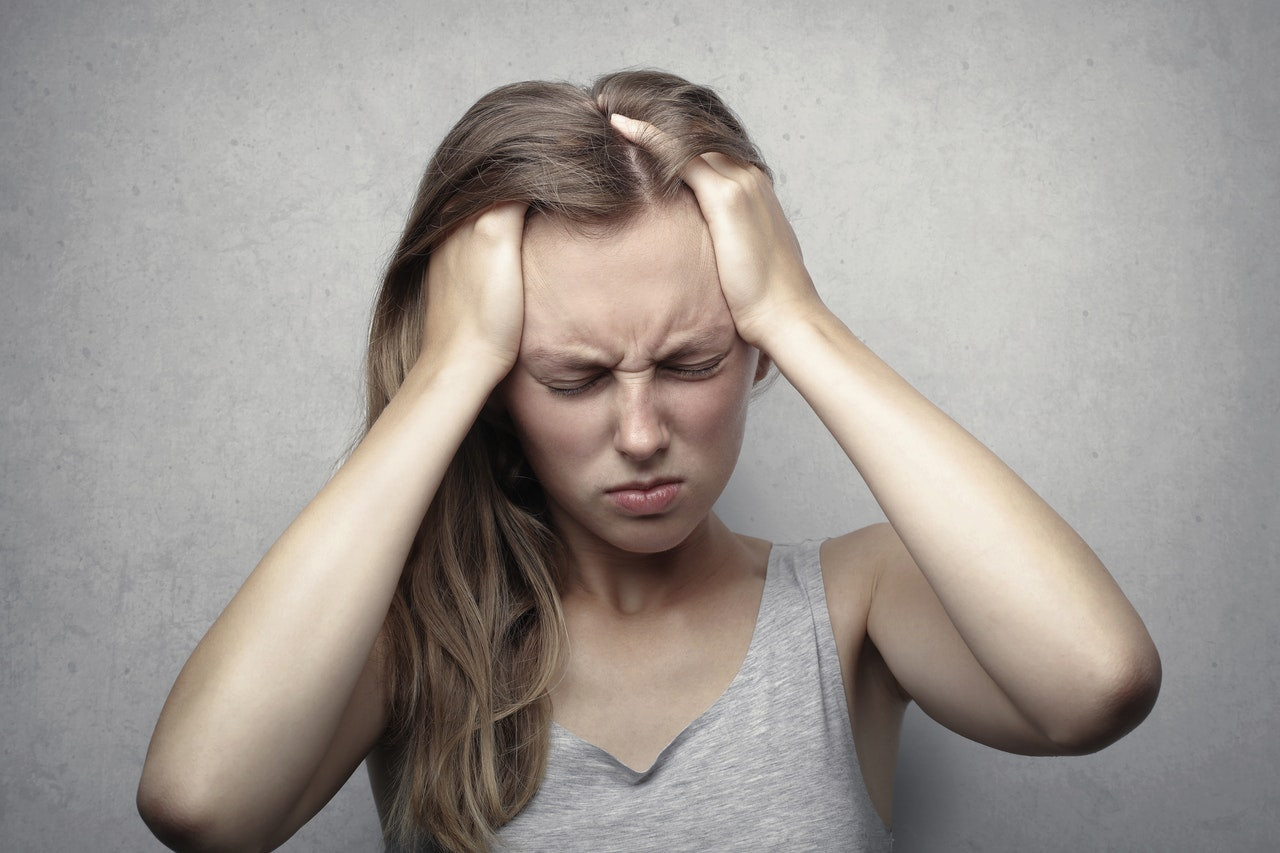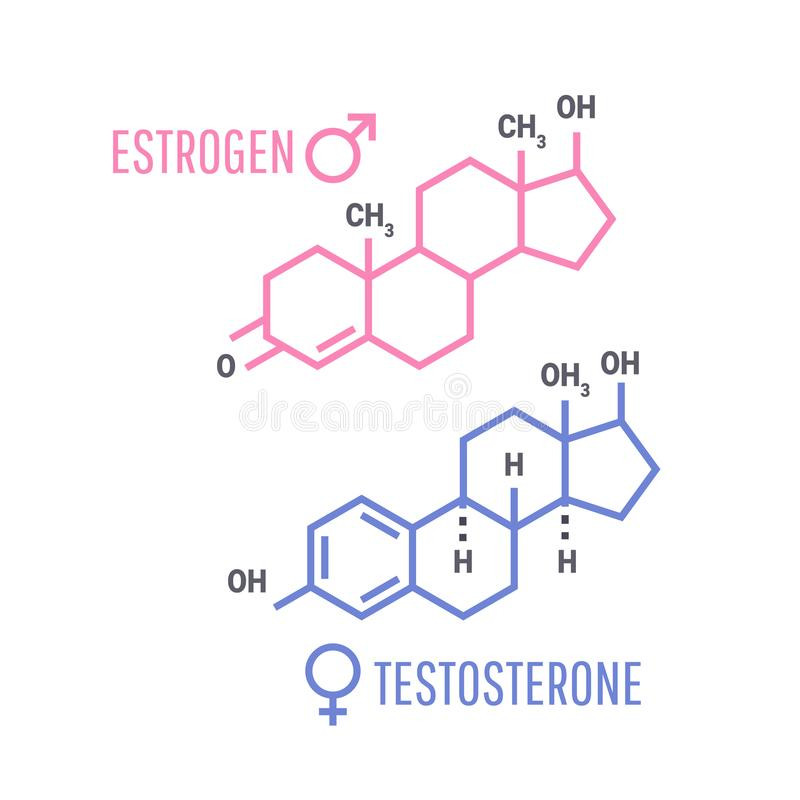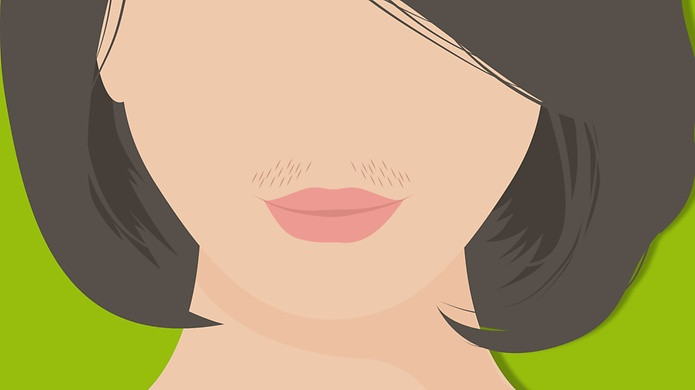Definisi
Hipogonadisme adalah suatu kondisi medis di mana testis (buah zakar) pria atau ovarium (indung telur) wanita tidak menghasilkan hormon seks yang cukup sesuai kebutuhan tubuh. Hipogonadisme hipogonadotropik (HH) adalah salah satu bentuk hipogonadisme yang disebabkan oleh masalah pada kelenjar hipofisis atau hipotalamus di otak.
Selain itu, hipogonadisme sebelum pubertas bisa berdampak signifikan terhadap perkembangan seksual dan fisik seseorang. Hipogonadisme bisa diderita sejak lahir, atau dapat muncul di kemudian hari, sering kali akibat cedera atau infeksi.
Pada wanita dewasa, indung telur tidak mengeluarkan estrogen yang cukup, sehingga menyebabkan keluhan hot flash atau sensasi panas, perubahan suasana hati dan energi, serta menstruasi yang tidak teratur. Pada pria, kurangnya produksi testosteron di testis bisa menyebabkan rendahnya gairah seks dan hilangnya kekencangan otot, serta pada kasus yang langka, ginekomastia atau pembesaran jaringan payudara pada pria.
Terlepas dari jenis kelaminnya, penderita hipogonadisme bisa mengalami infertilitas atau masalah kesuburan dan berisiko terkena osteoporosis. Namun, tidak ada peningkatan risiko kematian terkait hipogonadisme.
Kami juga memiliki artikel mengenai hipogonadisme yang bisa Anda baca di sini: Hipogonadisme - Definisi, Penyakit dan Faktor Risiko.
Penyebab
Hipogonadotropik hipogonadisme atau HH adalah kondisi yang terjadi akibat penurunan kadar hormon di tubuh yang biasanya menstimulasi indung telur atau buah zakar. Hormon-hormon ini termasuk GnRH (hormon pelepas gonadotropin), FSH (hormon perangsang folikel) dan LH (luteinizing hormone).
Normalnya, GnRH dihasilkan di otak, yang kemudian akan merangsang kelenjar hipofisis di otak untuk melepaskan hormon FSH dan LH. Hormon-hormon ini akan menstimulasi indung telur pada wanita atau buah zakar pada pria untuk memproduksi hormon yang berperan dalam berbagai hal, seperti perkembangan seksual normal pada masa pubertas, siklus menstruasi yang teratur, kesesuaian kadar estrogen di tubuh dan kesuburan pada wanita dewasa.
Hormon ini juga berperan dalam produksi normal hormon testosteron dan sperma pada pria dewasa. Bila terjadi perubahan dalam proses di atas, seseorang bisa memiliki kekurangan hormon seks. Hal ini dapat menghambat proses kematangan seksual yang normal dan memengaruhi fungsi normal testis atau indung telur pada orang dewasa.
Ada beberapa penyebab dari HH, yaitu:
- Kerusakan pada kelenjar hipofisis atau hipotalamus di otak bisa terjadi akibat prosedur bedah, cedera, tumor, infeksi, atau paparan radiasi
- Kelainan genetik
- Penggunaan obat opioid atau glukokortikoid dalam dosis tinggi atau jangka panjang
- Hormon lain yang juga diproduksi kelenjar hipofisis otak seperti prolaktin bisa meningkat
- Stres berat
- Masalah gizi (bisa dilihat dari berat badan sangat meningkat atau berkurang)
- Peradangan atau infeksi kronis
- Penggunaan narkoba, seperti heroin atau penggunaan atau obat resep opioid
- Kondisi medis tertentu, seperti kelebihan zat besi
Faktor Risiko
Beberapa faktor yang dapat meningkatkan risiko terjadinya hipogonadisme adalah:
- HIV/AIDS
- Riwayat kemoterapi atau terapi radiasi
- Usia lanjut
- Pertambahan berat badan yang berlebihan atau obesitas
- Malnutrisi
Penyakit ini bisa diturunkan dari orang tua. Jika salah satu faktor risiko di atas ada dalam keluarga Anda, penting untuk memberi tahu dokter Anda mengenai hal tersebut.
Gejala
Penderita hipogonadisme memiliki kadar hormon seks yang kurang atau rendah di tubuh, dan hal ini bisa membuat gejala yang muncul di tubuh bervariasi berdasarkan jenis kelamin mereka. Kondisi ini juga bisa menghambat pubertas secara signifikan. Anak perempuan yang telah memasuki masa pubertas mungkin tidak akan mengalami menstruasi atau siklus menstruasinya menjadi tidak teratur. Sementara itu, buah zakar atau testis anak laki-laki dengan hipogonadisme bisa tidak berkembang dengan baik selama pubertas.
Hipogonadisme juga bisa ditemukan pada wanita dewasa. Biasanya, hal ini terjadi efek dari menopause yang menjadi tanda berakhirnya siklus menstruasi. Naik turunnya kadar estrogen di tubuh dapat menyebabkan:
- Menstruasi tidak teratur
- Hot flashes, munculnya sensasi panas di bagian tubuh atas yang tiba-tiba dan intens
- Kelelahan
- Perubahan suasana hati
- Sulit fokus
- Menopause dini
- Keluarnya cairan seperti susu dari puting
- Masalah tidur
Pada pria dewasa, gejala bisa muncul akibat kadar testosteron yang tidak cukup di tubuh, bisa disebabkan oleh penuaan atau gangguan medis lainnya. Tanda-tanda khas yang bisa terjadi antara lain:
- Gairah seksual rendah
- Kelelahan
- Ginekomastia, pertumbuhan abnormal jaringan payudara pada pria
- Disfungsi ereksi
- Sulit konsentrasi dan fokus
- Atrofi otot (hilangnya jaringan otot)
- Hilangnya rambut tubuh dan kemaluan, sering kali ditandai dengan berkurangnya keperluan untuk bercukur
- Hot flashes, munculnya sensasi panas di bagian tubuh atas yang tiba-tiba dan intens
Diagnosis
Dokter akan melakukan wawancara medis dengan menanyakan gejala dan riwayat kesehatan pasien. Pemeriksaan fisik juga bisa dilakukan untuk menilai kondisi testis atau kelamin, serta ciri-ciri seksual sekunder lainnya di tubuh yang seharusnya berkembang pada masa pubertas.
Pemeriksaan penunjang lainnya yang bisa dilakukan meliputi:
- Pemeriksaan darah untuk menilai kadar hormon seperti FSH, LH, TSH, dll.
- Respons LH terhadap GnRH
- Pemeriksaan MRI otak dapat membantu mengidentifikasi bila ada tumor atau pertumbuhan massa tidak normal pada hipotalamus atau kelenjar hipofisis di otak
- Analisis genetik
- Tingkat saturasi zat besi
Tata Laksana
Pengobatan yang paling efektif dan mendasar pada penderita hipogonadisme hipogonadotropik adalah dengan terapi penggantian hormon seks. Terapi yang diberikan akan bergantung pada penyebab masalahnya, namun bisa mencakup:
- Suntikan atau injeksi, patch kulit atau gel testosteron untuk pria
- Patch kulit atau pil estrogen dan progesteron untuk wanita
- Suntikan atau injeksi hormon, misalnya suntik GnRH atau HCG
Namun, penting untuk diperhatikan bahwa bagi pria yang ingin meningkatkan kesuburannya, salah satu pilihan pengobatan yang bisa dilakukan adalah LHRH pulsatil atau suntikan hormon seperti HCG dan FSH.
Komplikasi
Jika kondisi ini tidak diobati dan terus berkembang, hipogonadisme dapat mengakibatkan komplikasi kesehatan lebih lanjut yang bisa berdampak pada kehidupan. Komplikasi yang paling umum dari hipogonadisme meliputi:
- Osteoporosis: Kurangnya hormon seks dalam tubuh dapat mengakibatkan penurunan kekuatan tulang, sehingga meningkatkan risiko patah tulang
- Infertilitas: Kurangnya hormon estrogen atau testosteron, ditambah dengan berkurangnya jumlah sperma pada pria, dapat menyebabkan infertilitas dan menghambat kemampuan untuk hamil
- Gangguan suasana hati: Mengalami gejala hipogonadisme dapat memengaruhi kesehatan mental, dan bisa menyebabkan komplikasi seperti depresi, kecemasan, dan masalah mental terkait lainnya
- Pertambahan berat badan: Hipogonadisme kadang-kadang dikaitkan dengan kelebihan berat badan atau obesitas. Akibatnya, hal ini bisa berdampak besar pada kesehatan jantung.
Pencegahan
Masih belum ada cara yang diketahui bisa mencegah penurunan hormon seks di tubuh akibat kondisi genetik maupun karena penuaan. Bila Anda memiliki riwayat keluarga dengan hipogonadisme, sebaiknya anda melakukan pemeriksaan sejak dini untuk memantau kesehatan atau mendapat pengobatan sejak dini.
Kapan Harus ke Dokter?
Karena hipogonadisme adalah kelainan hormonal, penyakit ini dapat bermanifestasi dengan gejala yang berbeda pada anak dan orang dewasa. Tanda dari gangguan hormonal yang paling terlihat jelas pada anak atau remaja adalah pubertas yang tertunda. Bagi orang dewasa, sebaiknya konsultasi ke dokter bila Anda mengalami gejala dan tanda di bawah ini:
- Gairah seksual berkurang
- Rambut rontok di ketiak
- Berhentinya siklus menstruasi pada wanita di bawah usia 40 tahun
- Sensasi panas yang tiba-tiba dan intens atau hot flashes
- Disfungsi ereksi
- Keluarnya cairan susu dari puting
Mau tahu informasi seputar penyakit lainnya? Cek di sini, ya!
- dr Hanifa Rahma
Hypogonadotropic Hypogonadism. (2021). Retrieved 03 October 2022, from https://www.pennmedicine.org/for-patients-and-visitors/patient-information/conditions-treated-a-to-z/hypogonadotropic-hypogonadism
Hypogonadotropic Hypogonadism. (2021). Retrieved 03 October 2022, from https://medlineplus.gov/ency/article/000390.htm
Hypogonadotropic Hypogonadism. (2022). Retrieved 03 October 2022, from https://www.mountsinai.org/health-library/diseases-conditions/hypogonadotropic-hypogonadism
Male Hypogonadism. (2021). Retrieved 03 October 2022, from https://www.mayoclinic.org/diseases-conditions/male-hypogonadism/symptoms-causes/syc-20354881#:~:text=
Low Testoterone (Male Hypogonadism). (2022). Retrieved 03 October 2022, from https://my.clevelandclinic.org/health/diseases/15603-low-testosterone-male-hypogonadism#:~:text=
Low Sex Drive (Hypogonadism). (2022). Retrieved 03 October 2022, from https://my.clevelandclinic.org/health/diseases/15216-low-sex-drive-hypogonadism
Hypogonadism. (2022). Retrieved 03 October 2022, from https://emedicine.medscape.com/article/922038-overview
Causes and Risk Factors of Hypogonadism. (2021). Retrieved 04 October 2022, from https://www.verywellhealth.com/hypogonadism-causes-and-risk-factors-5192278












